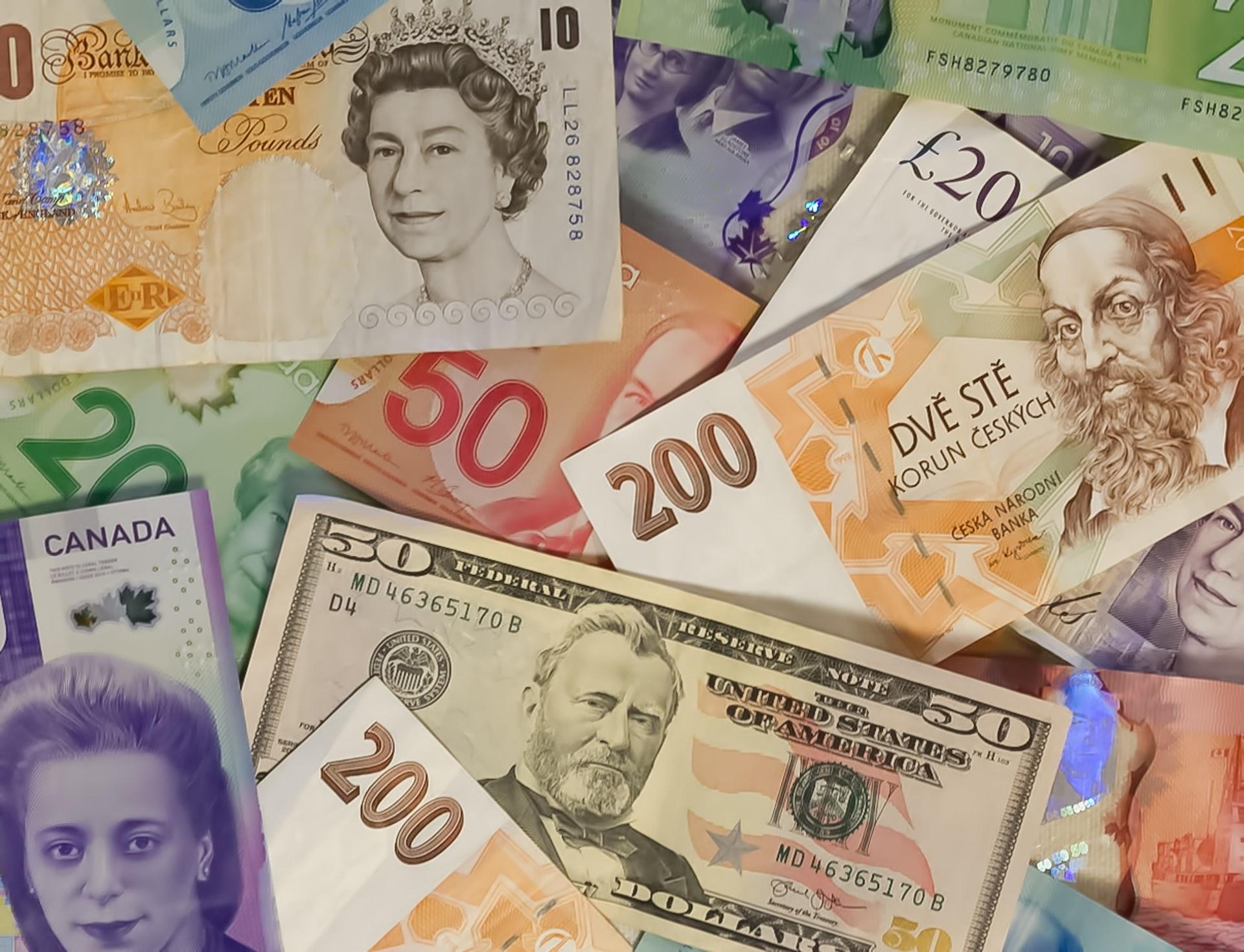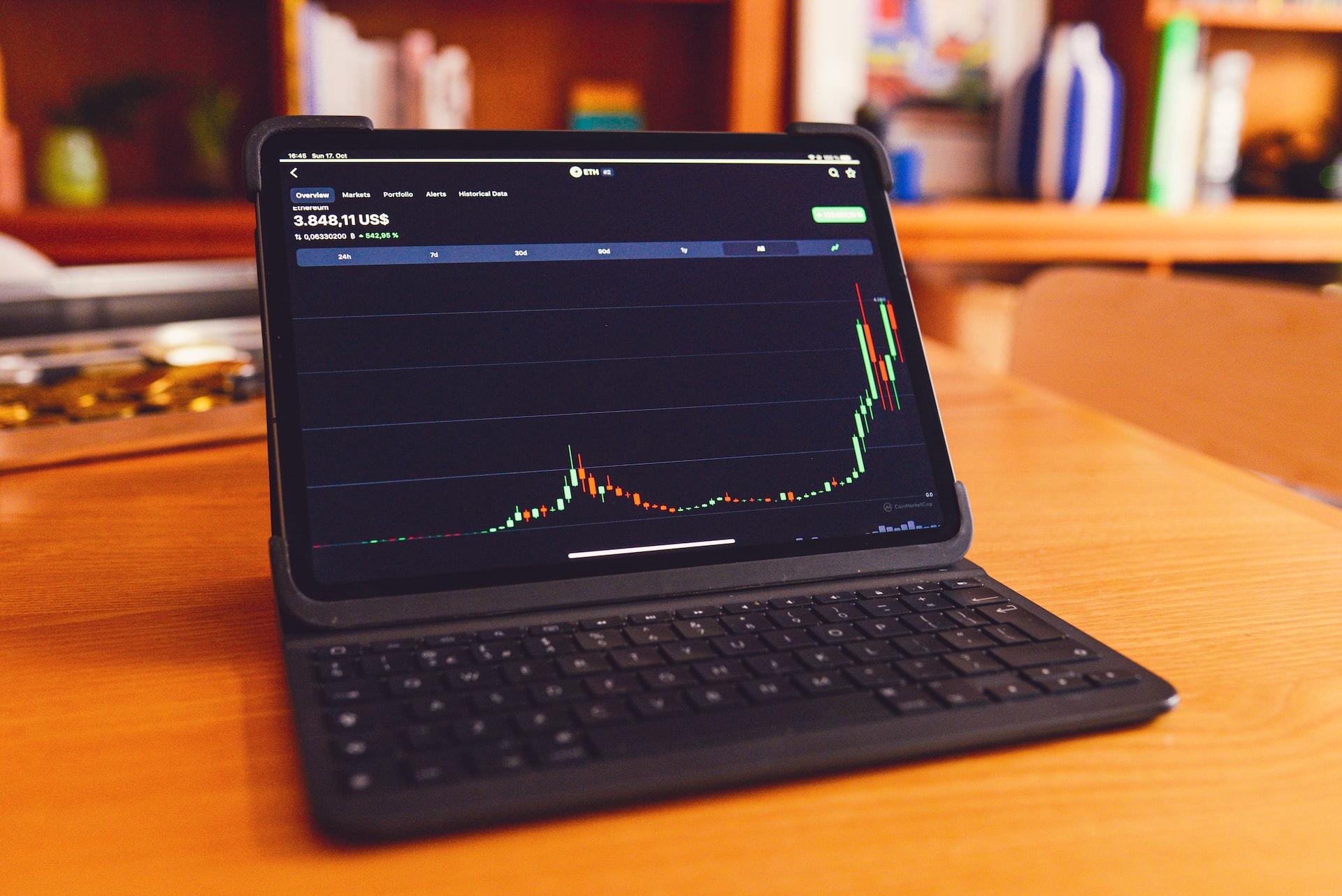As a teacher, I always challenged my students to think critically. One of my lectures' activities centred on asking 'Why?' until the fundamental causes of a given action or situation are uncovered. At one point during that lesson, one student answered my 'Why?' with "Not why!". From then on, she was called Not-Why; a private joke between the two of us. She changed her social media handle to Not-Why and calls herself that still today.
Ada, also known as Not-Why, epitomises mainstream thinking. Most of us tend to go about our lives, questioning little and wondering not at all. And then, something devastating shakes us out of our bliss. Naturally, we want to know why it happened. A separate article details all the reasons for the inflation currently plaguing the UK. But to gain a better understanding of inflation as an economic instrument, we need to know:
- the difference between monetary and fiscal policies, and how they shape inflation
- what foreign trade has to do with inflation
- how the law of supply and demand affects inflation
- what is built-in inflation
- the different types of inflation
Generally speaking, most everybody knows that inflation is an increase in the price of goods and services. Now, we want to know: why does inflation happen? This article means to explain inflation and its real economic impact on consumers and producers.

Inflation Causes: Understand the Terms
Inflation starts at the top. Governments have an interest in keeping their economies stable so they deploy a variety of strategies to keep things in balance. Globalised markets, both finance and trade, impact inflation. The third major player affecting inflation is producers' drive for profits. Even consumers play a role in shaping inflation. How do they all do it?

Monetary Policy
Monetary policy centres on controlling the supply of money in the economy. The government may decide to 'print more money', meaning they issue more currency. This expansionary policy is designed to stimulate the economy. In high inflationary times, the government enacts a contractionary policy: taking currency out of circulation. Alternatively, the government may adjust interest rates on very-short-term borrowing, the kind that happens when banks lend each other money.
Expansion is typically used to lower unemployment and encourage borrowing and spending, generally during a recession. Contraction is designed to do just the opposite. Too severe a contraction could plunge the economy into a recession. The UK has mostly relied on monetary policy to control inflation since the 1980s, as have many other countries.
Fiscal Policy
Fiscal policy boils down to how the government uses money to control inflation. The Bank of England (BoE), the Central Bank in the UK, may recommend that the government raise taxes or cut back on government spending to reduce the demand for goods and services. Fiscal policy is a good way for the government to build budget surpluses they may later spend to keep prices stable when inflation gets too high or to slow a surging economy. Monetarists contend that fiscal policy doesn't work to control inflation.
Exchange Rates
The UK's currency is loosely pegged to the value of the American dollar, as are many other countries'. In theory, that gives the pound stability. However, as inflation rises and falls in the US, so too does inflation in the UK. Today, most of the world uses a floating exchange rate rather than a fixed exchange rate. That allows countries to adjust their currencies, to better absorb economic shocks like business downturns and to keep prices stable.
What the Market will Bear
Economist Milton Friedman averred that generating profits for shareholders is businesses' primary purpose - not providing goods and services for consumers. Since the 1980s, when he made that proclamation, businesses have focused intensely on charging 'what the market will bear' to reap maximum profits. If consumers are willing to pay £5 for a cup of coffee, they might willingly pay more. So the coffee shop continues raising their per-cup price. When everyone refuses to buy a cup beyond a certain price, the coffee shop has found the limit of what the market will bear.
Friedman believed that only monetary policy could manage inflation. He held that business leaders would practise economic stewardship better than government agencies could. He advocated for the privatisation of publicly-held assets to ensure maximum profit generation. He was both Ronald Reagan's and Margaret Thatcher's financial advisor. That explains the two countries' mirroring economic profiles.
Buying Power
You earn the same wages you've been getting for the past year. But you can't buy as much as you used to because everything costs more. In economic terms, your buying power, also called purchasing power, is shrinking. As your buying power shrinks, you can purchase fewer goods and services. This lowers the demand for goods and services, potentially causing an economic imbalance.

Three Types of Inflation
Compared to other economic actors who know about inflation and how to work it to their advantage, consumers are more vulnerable to economic shifts. Unlike the government, they can't print more money. Unlike businesses, they can't charge what the market will bear for their labour to keep their profits high. Consumers and the economy are further buffeted by three types of inflation.
Demand-Pull Inflation
Coming out of COVID lockdowns, we were all ready to spend our government-granted stimulus money. However, supply chain issues left us with little to spend on. In other words, consumer demand for goods exceeded what was immediately available as well as what could be produced in the short term. High demand for limited supplies causes inflation. The increased money supply - the stimulus money the government sent out during lockdowns, aggravates the current inflation event.
Cost-Push Inflation
Factories around the world shut down because of COVID. Minimal demand for goods and whatever warehouse stores kept the economy in balance for a few months. However, the continued lack of economic activity cause supply-shock inflation, another name for cost-push inflation. Any natural disaster - fires, floods and pandemics, or war; anything that causes a shortage of goods and services can cause cost-push inflation.
Higher production costs also cause cost-push inflation. The price of raw materials to make the goods is a factor. So are higher wages. As consumers' purchasing power declines, their calls for higher wages sets up a wage-price spiral. That's an economic phenomenon wherein higher wages cause higher production costs, with causes higher prices, which fuels the demand for higher wages.
Built-In Inflation
The current cost-push and demand-pull inflation phenomena we're currently experiencing are tied to a single event: the coronavirus pandemic. Taking a broader look at what inflation is, we find built-in inflation. It's caused by a past economic event and relates directly to the wage-price spiral. It is also known as hangover inflation.
Wage earners want their pay to keep pace with the cost of living. Experience has taught them that if they get a pay raise, prices will go up. Therefore, they bargain for higher wages than actually need. If they succeed in their bargaining, their employer will inevitably raise prices even higher to make up for the profit shortfall.
Such a spiral may set up inflationary expectations. Workers and employers both expect inflation to continue, thus they continue petitioning for higher wages and setting higher prices. What might have been a single inflationary spike from a cost-push event like COVID could result in lingering and growing inflation. In the end, nobody comes out ahead. Nobody?

Reasons for Inflation: Profits
Inflation doesn't hurt everyone. What you lose in buying power, investors stand to gain. We'll use the property market as an example. Inflation is high so banks won't afford you a mortgage. However, an investor with the assets to buy property without a loan will profit from the rise in property values. This is exactly what happened in the US, after the 2008 housing market collapse. Those investment firms now profit even more because they rent those properties out for staggering amounts.
The food industry profits greatly from inflation. They offer up a variety of reasons to justify charging more for the foods they produce. Labour shortages rank rather low on the list but rising wages come in near the top. Supply chain issues and shortages (of raw goods) is the number one reason given. Currently, higher grain prices due to the war in Ukraine allow huge price hikes for wheat products. Shrinkflation, a way of selling less product at pre-inflation prices is another way they profit.
The energy sector profits massively from inflation. They too have a litany of excuses for charging record prices, everything from the war in Ukraine to climate change. In 2021, when most countries' populations stayed at home, there was low demand for petrol. Empty office buildings needed no power. But when lockdowns lifted, energy producers could charge what the market would bear to recoup their year's worth of lost profits.
Who doesn't profit from inflation? Pensioners and others living on a fixed income. Renters and those working low-wage jobs. Anybody without wealth-building assets. For us, even knowing how to budget for inflation won't bring us any profits.
Summarise with AI:
















